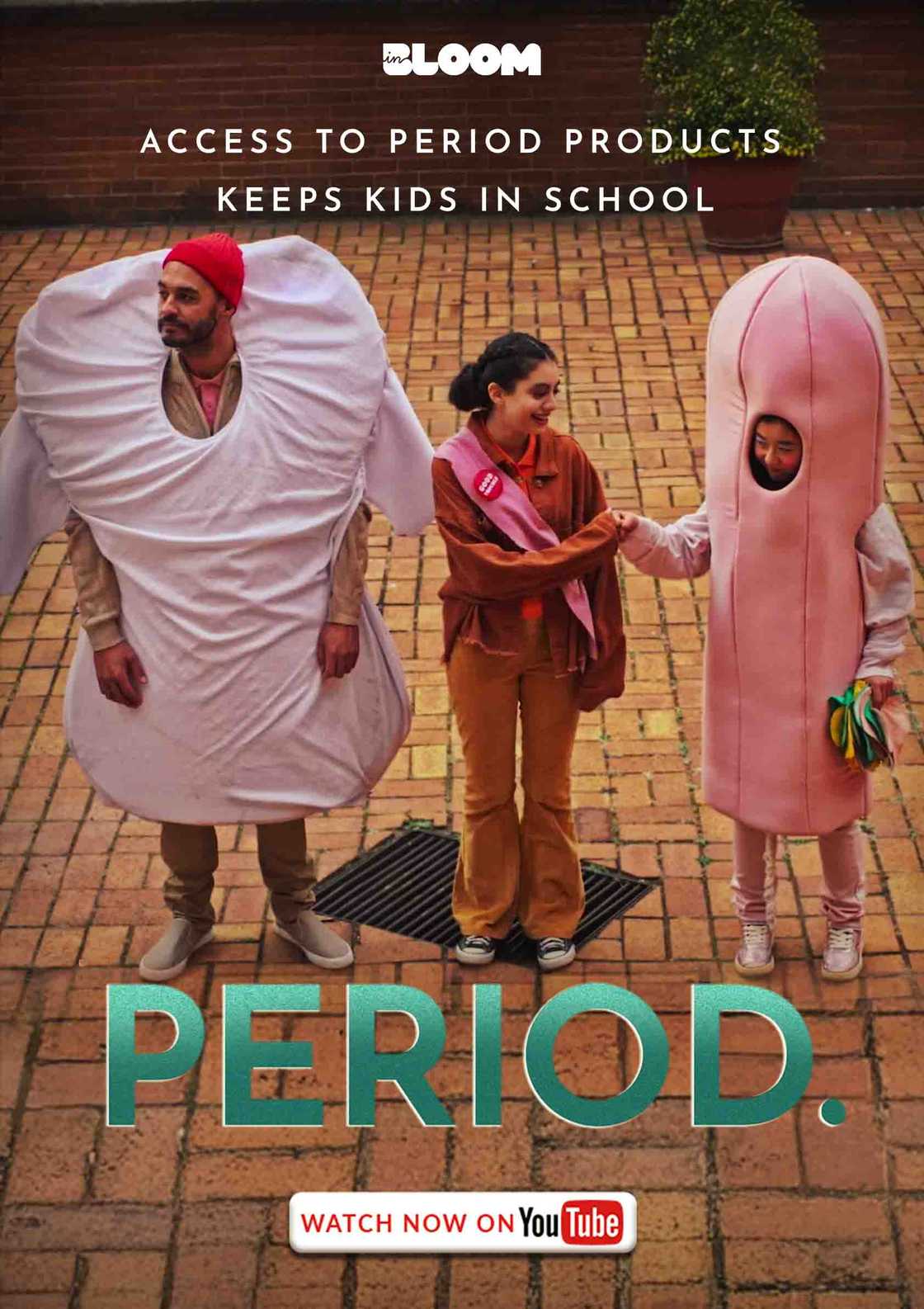Periods Are Everyone’s Business and We Need to Talk About it
Imagine you’re in secondary school, about to present the big project you worked on for weeks in front of the whole class. You’re anxious, worried about stumbling over your words, or forgetting all the key information you’ve planned to share.
As you walk to the front of the class, you don’t realize the class is staring at you, until someone points and yells at you, “Nasty!”. That’s when you realize you’ve got a massive period stain on your skirt, and now the whole class is laughing at you as you stand awkwardly in front of them.

Source: UGC
Everyone’s been there when it comes to period stains, especially the first time you get them — maybe without the juvenile help.
Your period showing up when you least expect, leaving you with an awkward situation to deal with. And when it’s your first, it’s even more confusing. But the hardest part is always the shame and stigma around periods. The judging stares that seem to expect you to be able to predict the second when your period begins. The hushed comments questioning your hygiene. The atmosphere of shame that forces you to deal with it alone, because periods are things to be hidden away.
In PERIOD, a short film about period poverty, Fay navigates an awkward first period encounter with help from a new friend, Min. When she finds out that there are no pads at her school and that the Deli next door is taking advantage of this by gouging prices, she decides to get into some ‘good trouble’ to ensure things change at her school.
Directed by Nicole Teeny, PERIOD is part of the In Bloom Collection, an initiative by the MTV Staying Alive Foundation, which aims to amplify voices on gender related issues through engaging and powerful storytelling. So far, they’ve collaborated with five female filmmakers on five short films that drive conversations around gender inequality.
This is critical as periods continue to be a taboo subject in many cultures in Nigeria. This lack of open discussion about menstrual health issues is a major hindrance to ensuring girls are well-informed and well-equipped to have clean, safe and comfortable periods.
In 2025, girls should not feel shame for a natural thing they have no control over. Periods should be discussed openly, not just by girls (and women), but by everyone – especially policymakers who wield the power to ensure period care isn’t a privilege but a right.
Until such a time, it is up to all of us to advocate against period shame and improve access to menstrual hygiene products for all girls and women.
Watch movie trailer below:
[Sponsored]
Source: Legit.ng

